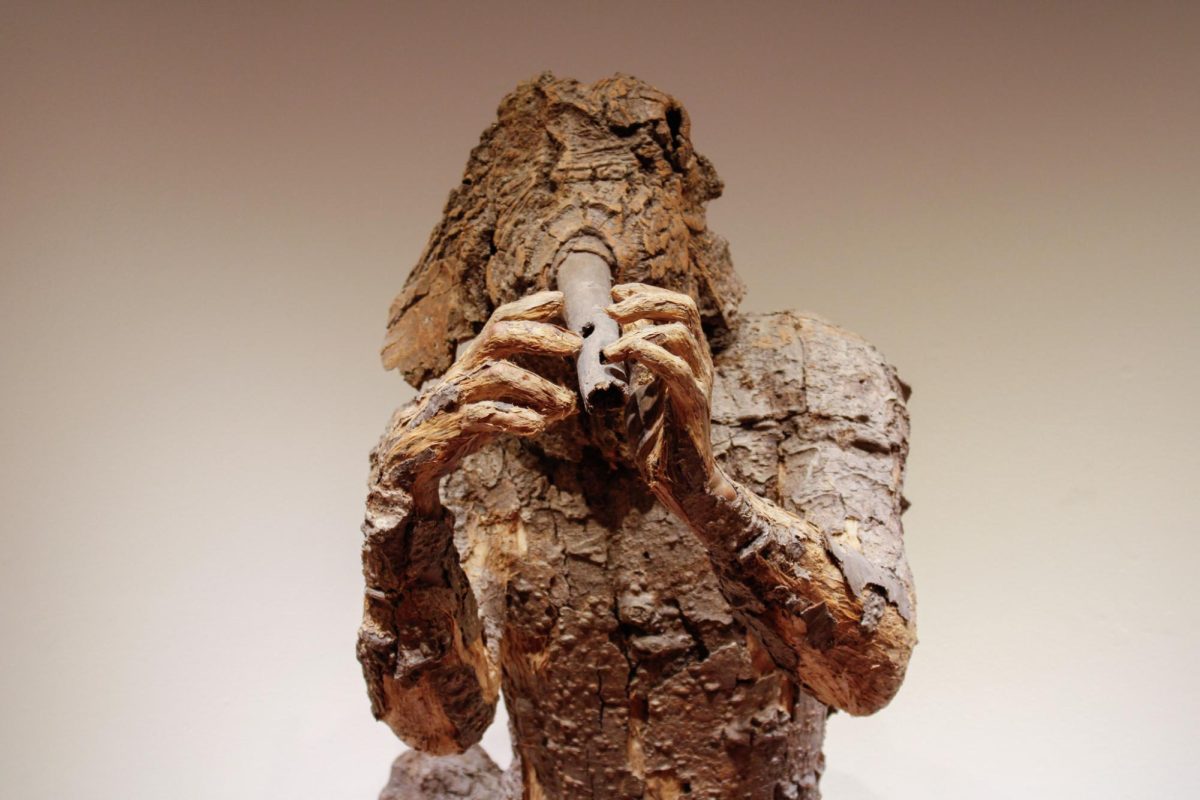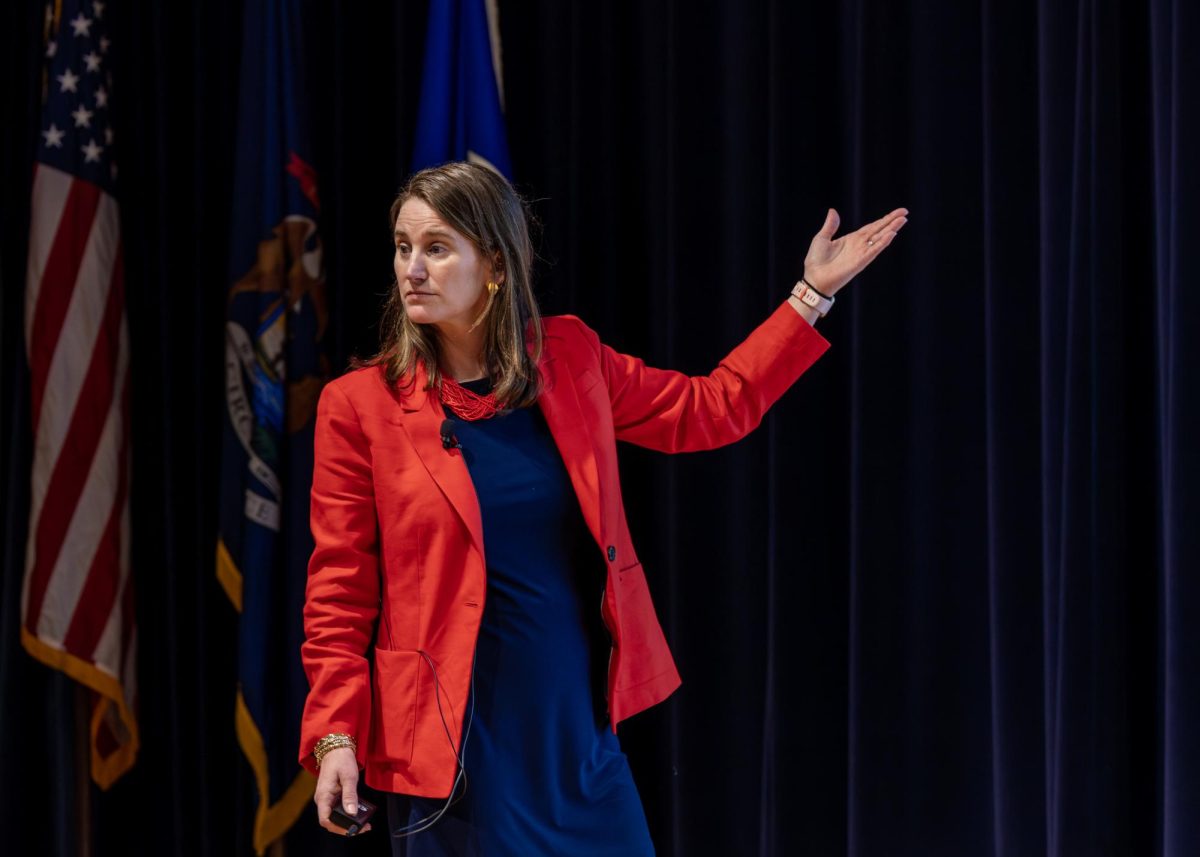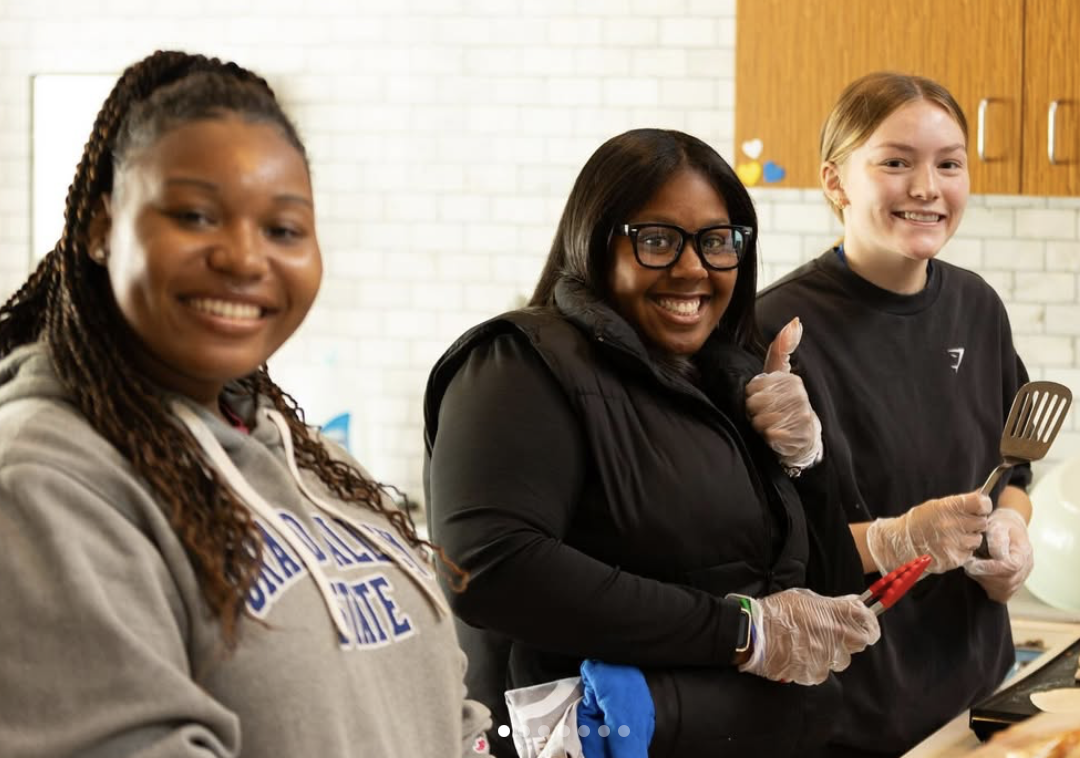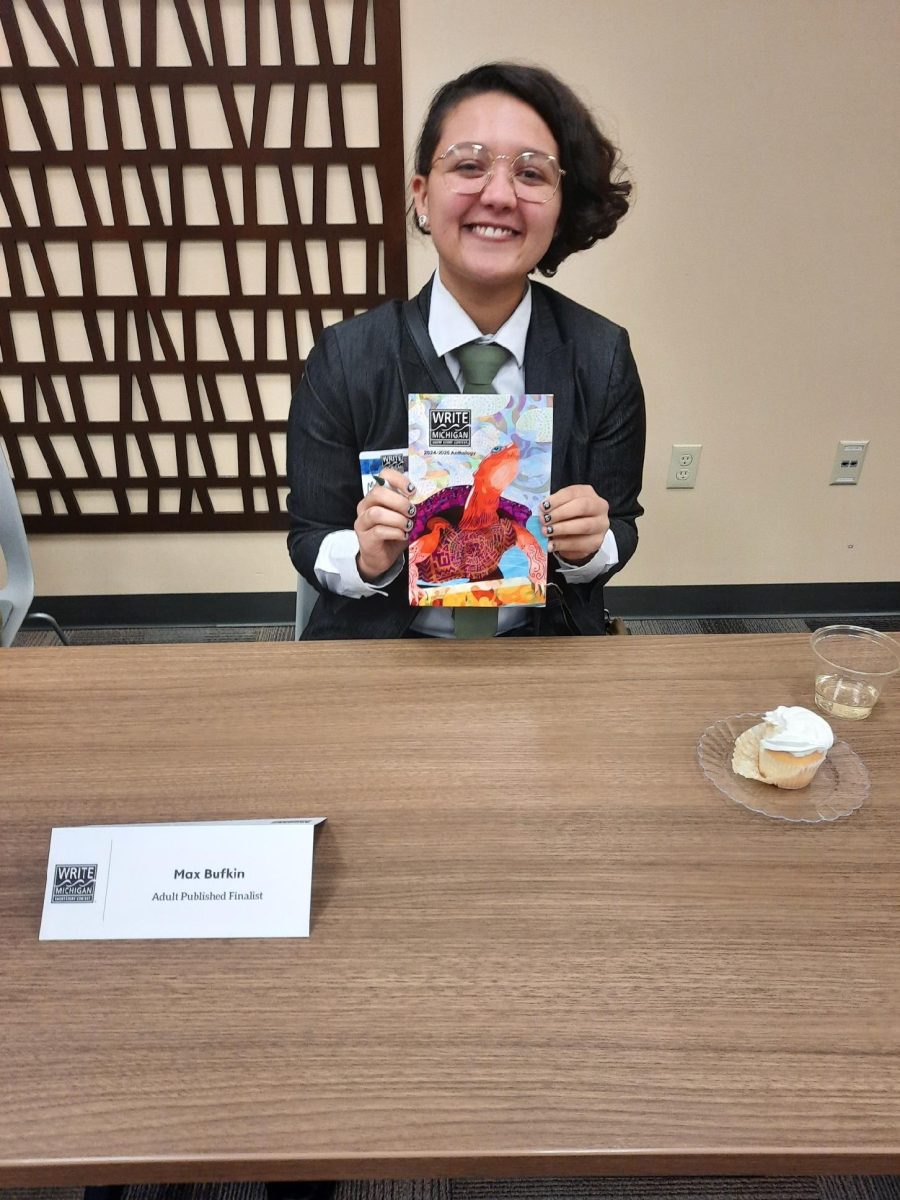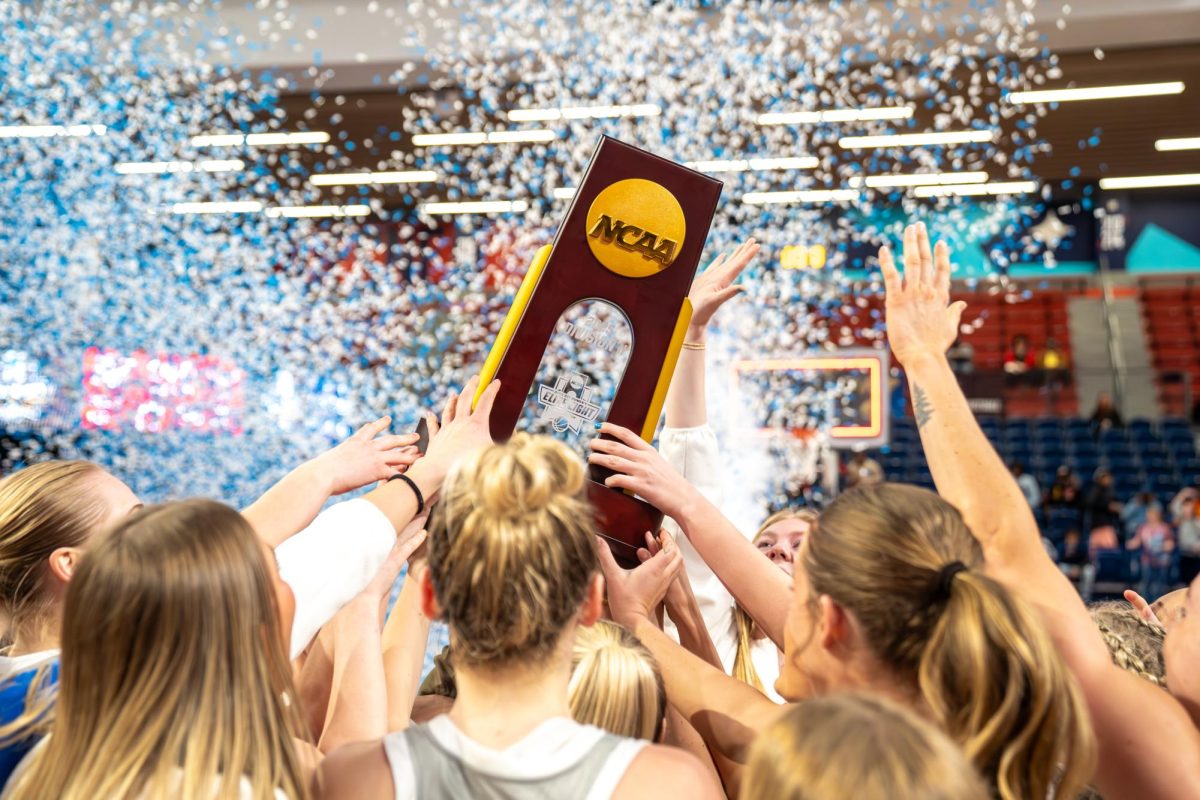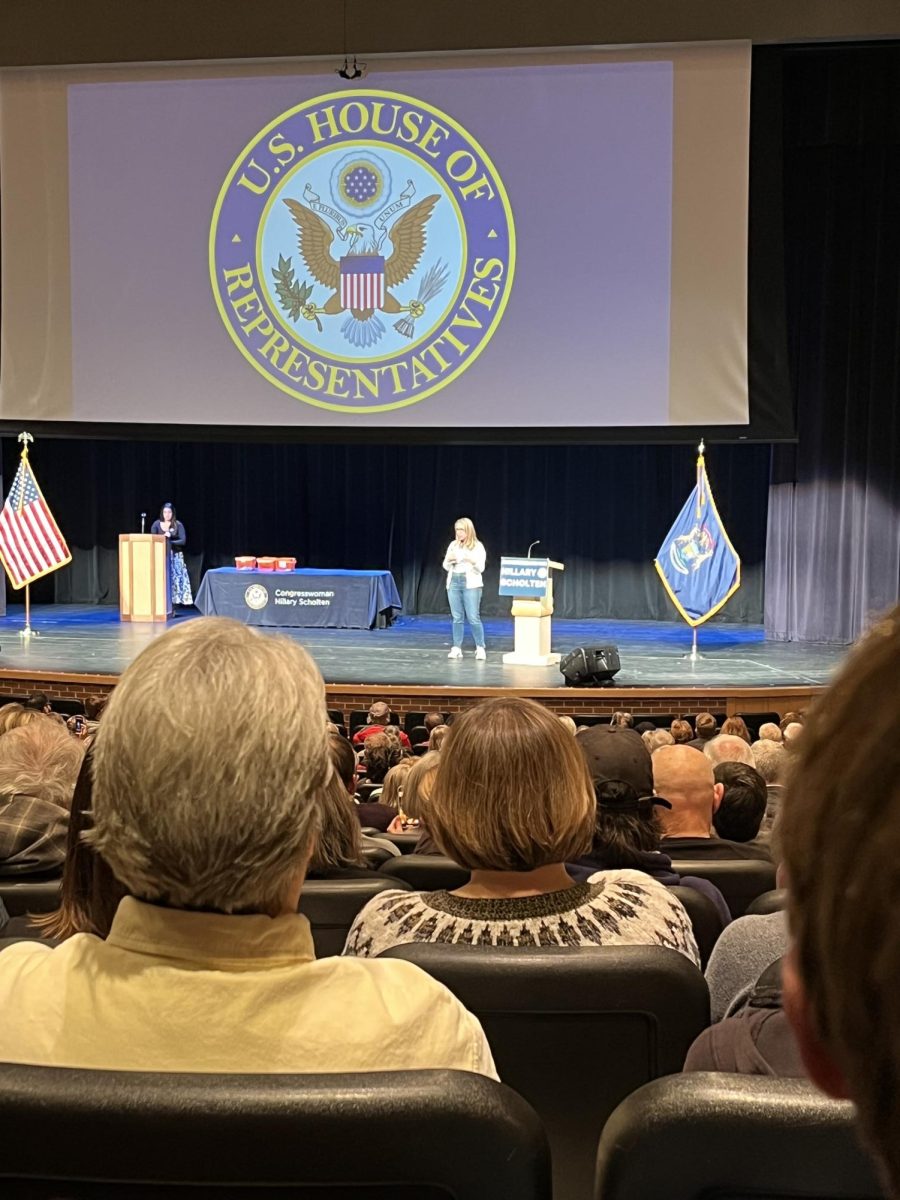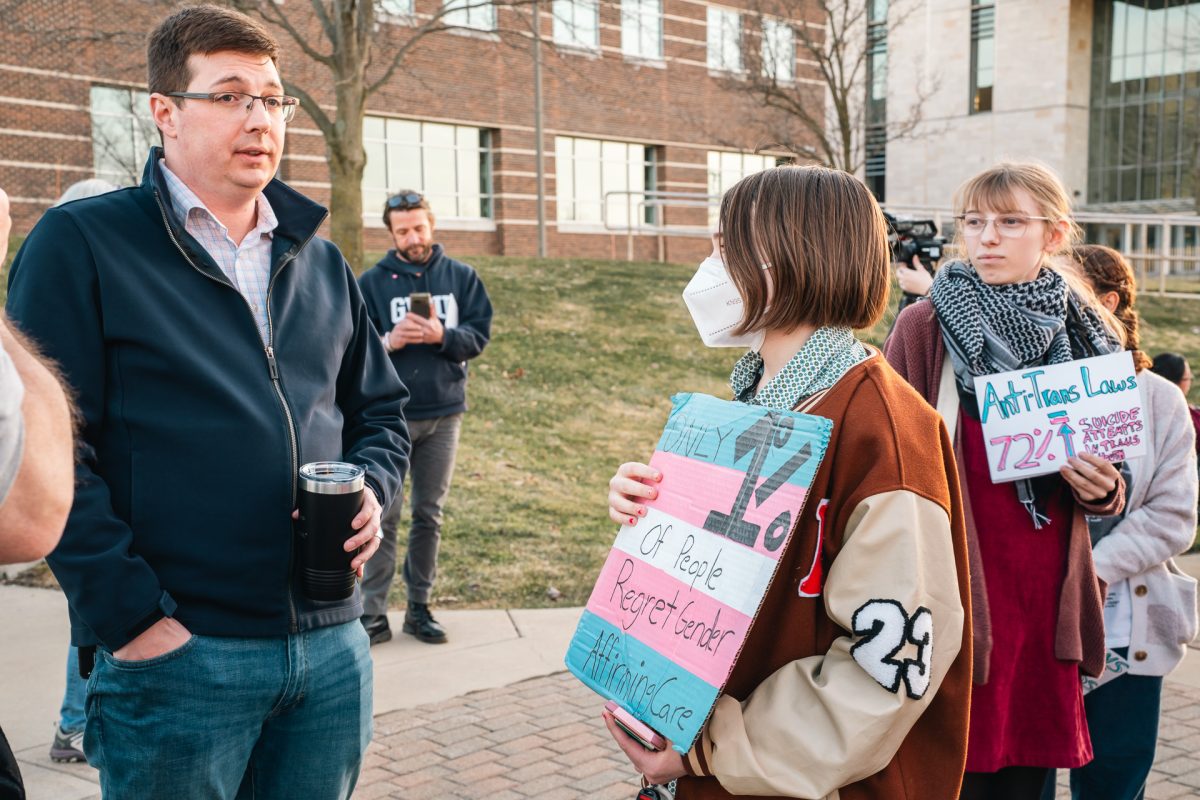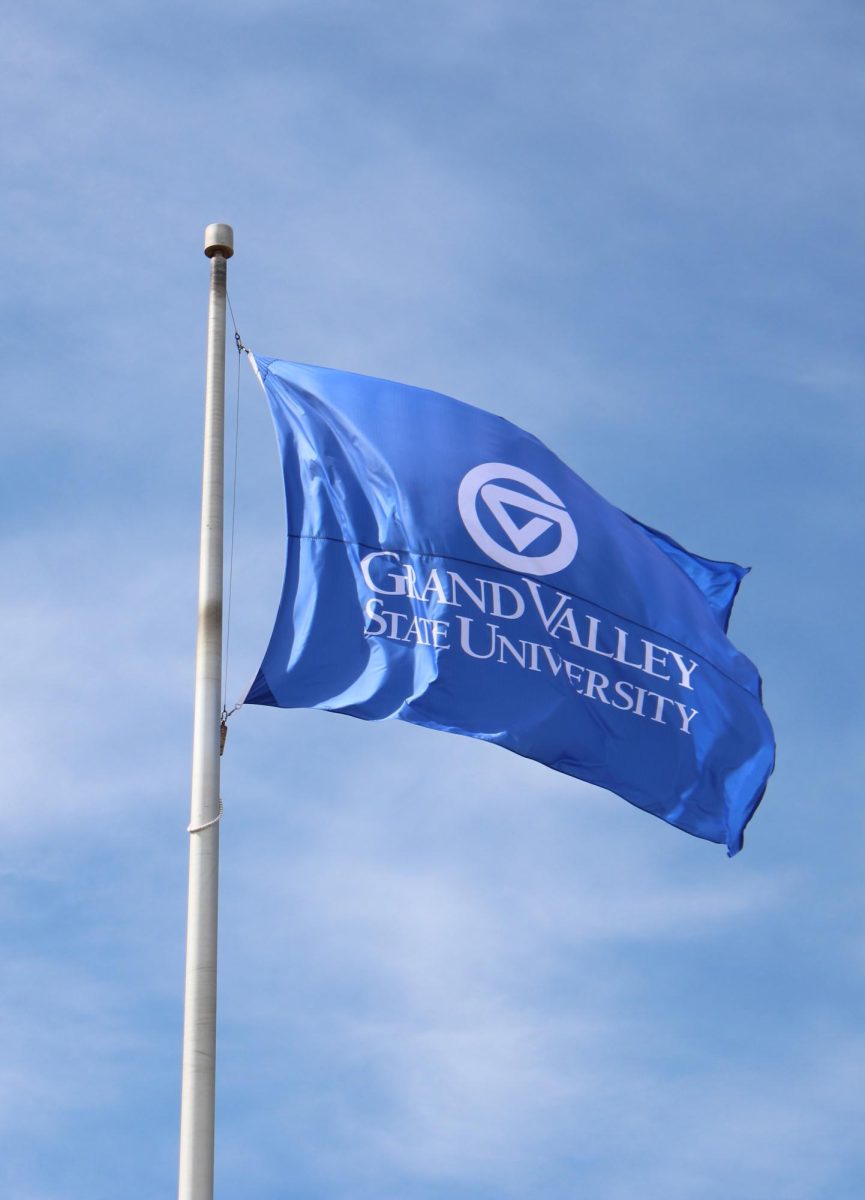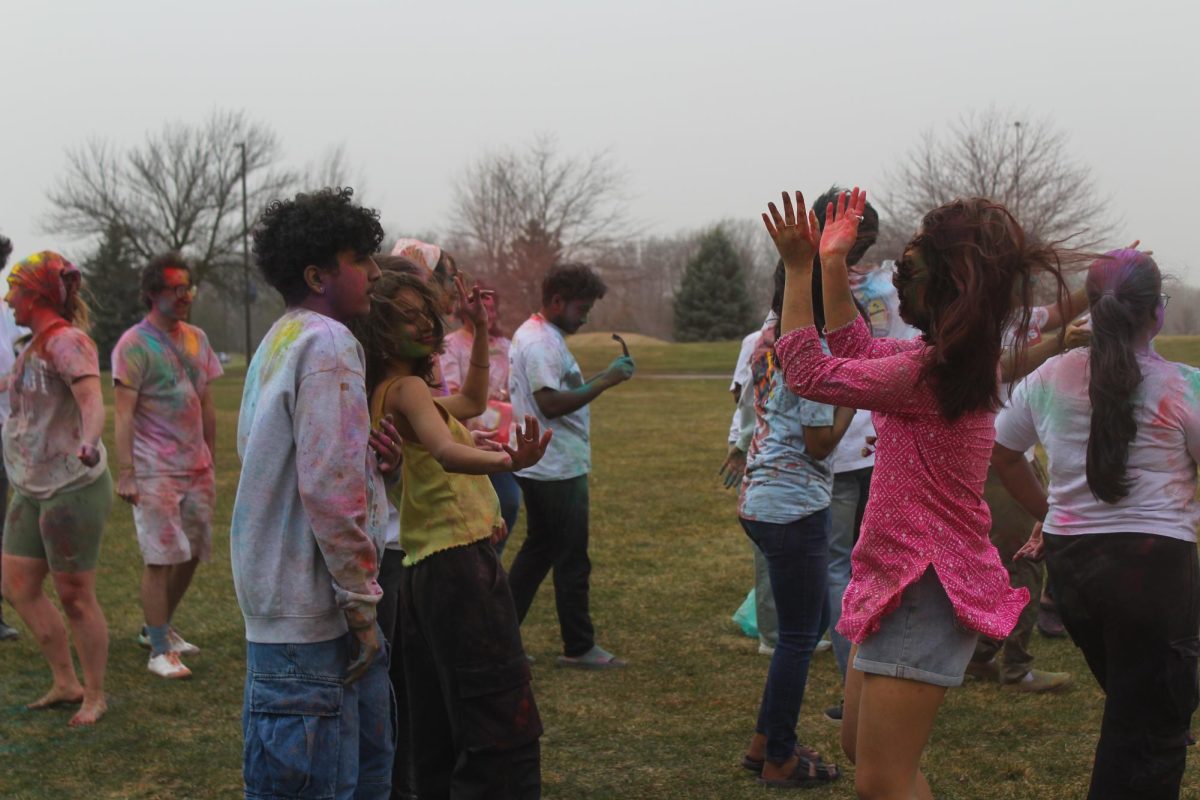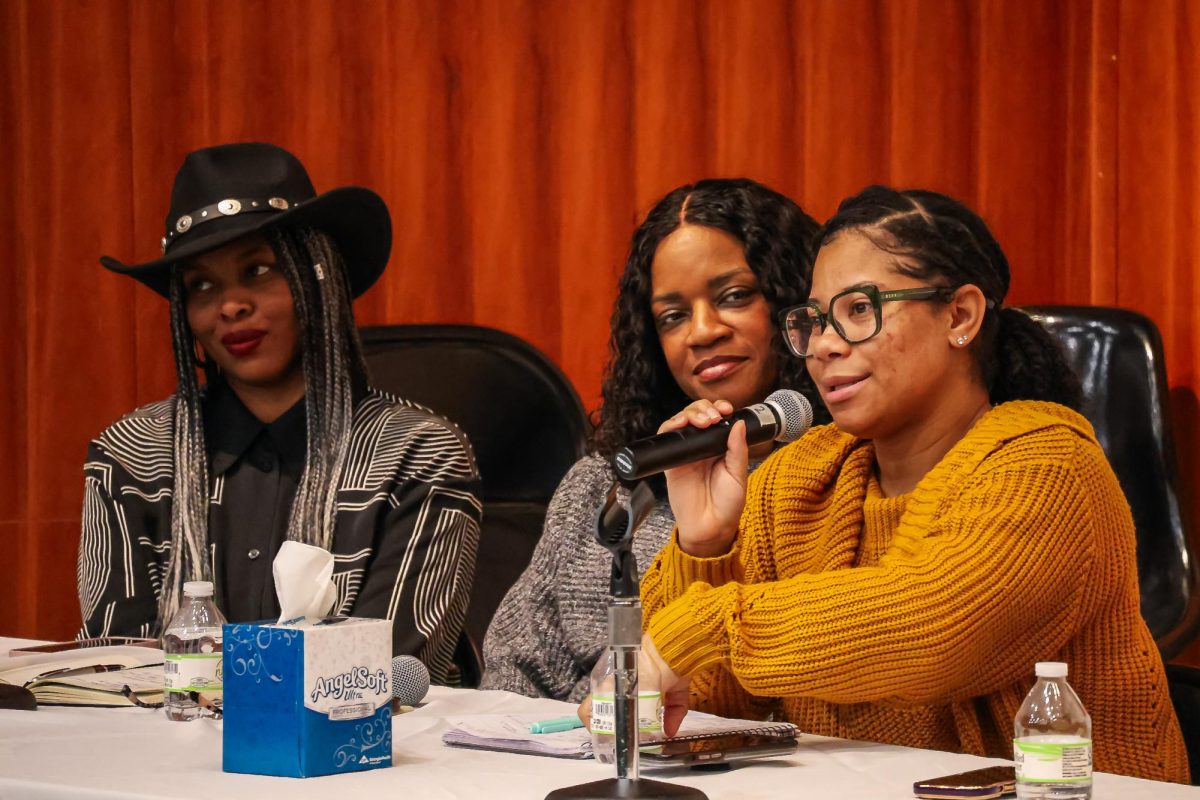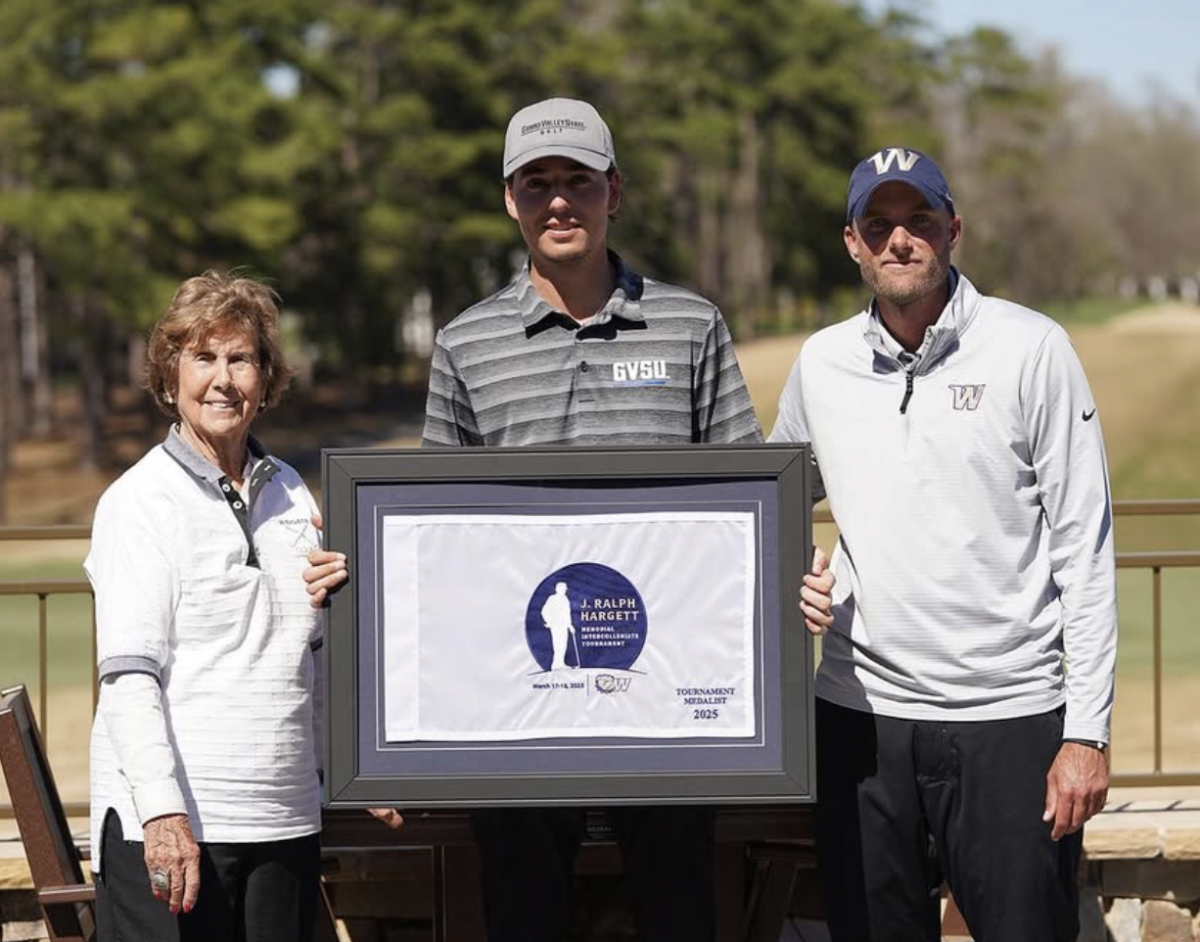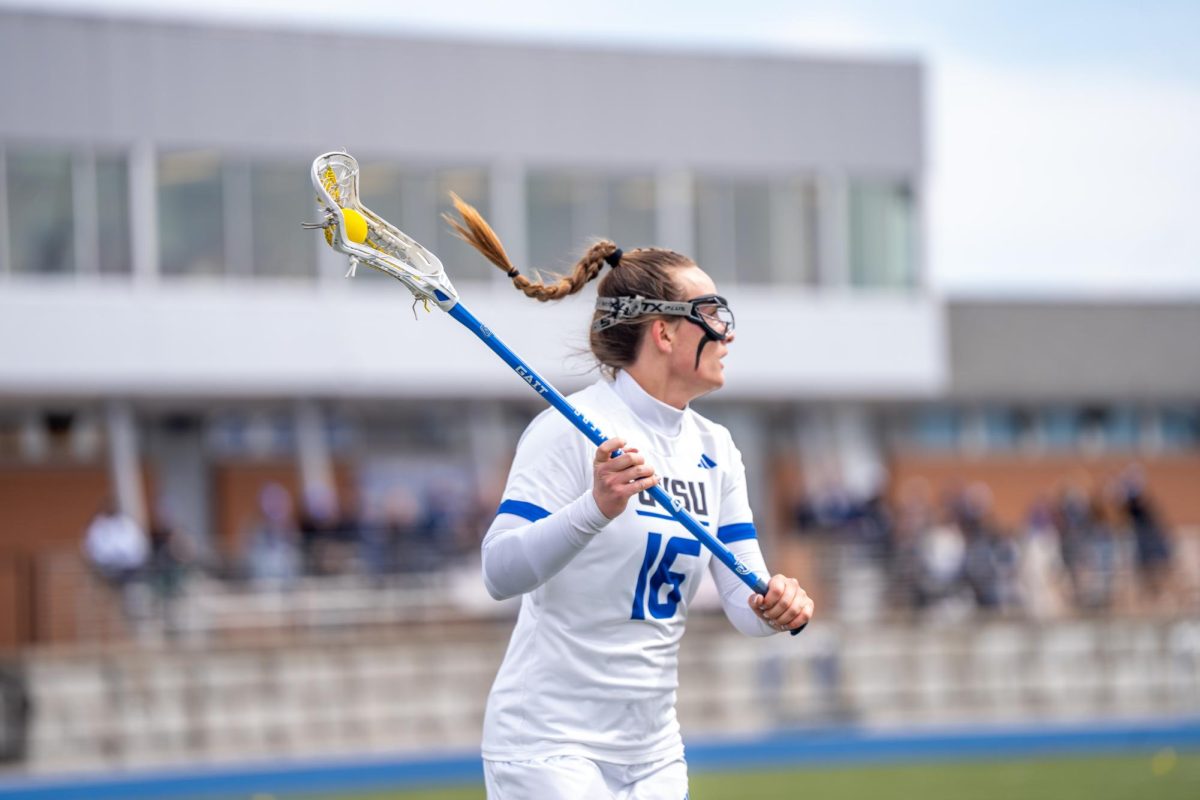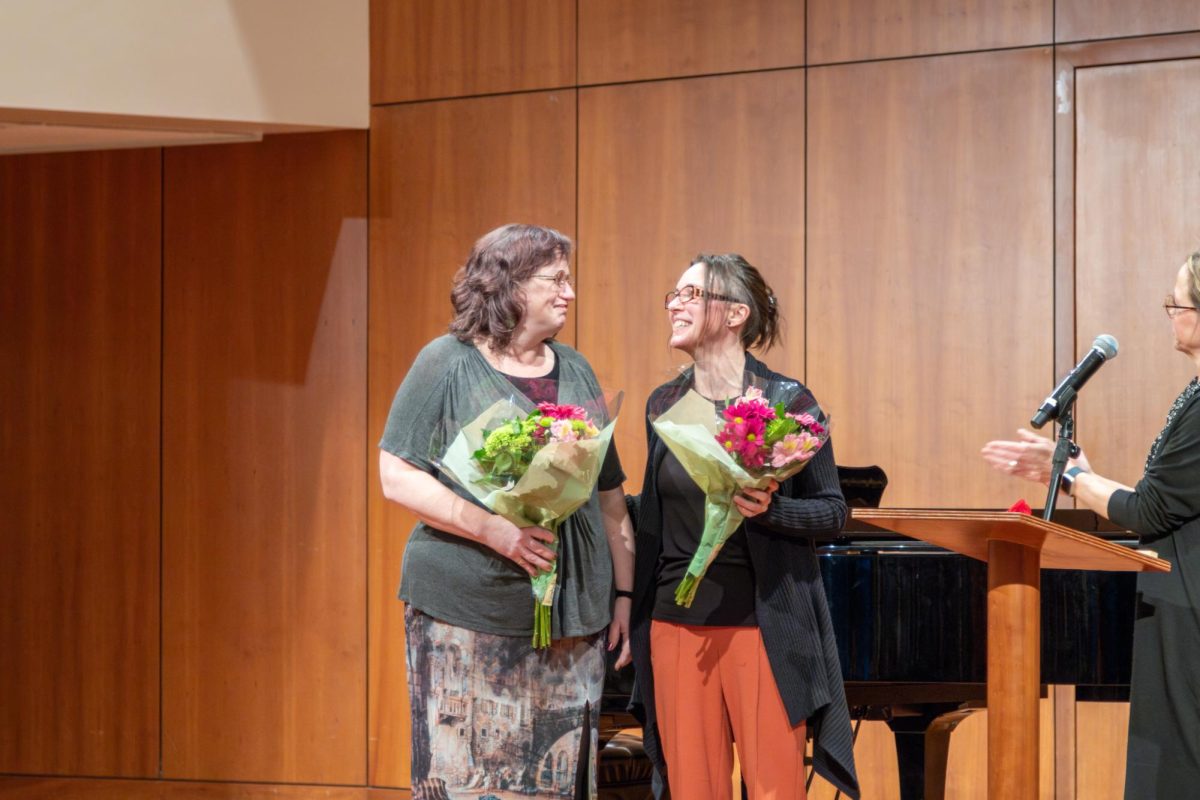Thinking Globally panel discusses love and intimacy from around the world
Feb 28, 2022
Grand Valley State University’s Modern Languages and Literature department hosted the latest installment of the “Thinking Globally: How Language Influences the Lives We Live” series on Feb. 17.
The discussion was led by Meghan Cai, assistant director of Modern Languages and Literatures and Area and Global Studies. Several professors and other roundtable contributors joined the discussion and shared information about the daily lives and world views of people from different countries.
“The goal of this roundtable series is to provide a welcoming space where people can engage in cross-cultural conversations about daily life and worldviews,” said Cai. “I hope these conversations can help us reflect on why we act in the ways we do and help us feel more comfortable asking questions of and listening to ourselves and others in an open, non-judgmental way.”
This week’s discussion, titled “Love and Intimacy”, was about how these feelings are displayed by people from different countries. The group of panelists included professors Majd Al-Mallah, Jason Herlands, Zsuzsanna Palmer, Carol Wilson Tiesma, Nicholas Norris, Charles Ham, David Crane and Meghan Cai.
The panelists presented for countries like Japan, Hungary, France, Ancient Greece, China and various countries from Latin America and the Middle East. The panel and the countries included change almost every meeting depending on who the group brings in for that session.
“We had a lively conversation,” Cai said. “One of the most interesting discussions, to me, was about the levels of intimacy people from various cultures greet one another. For example, in the US, many people hug to say hello, but this is considered too intimate in many other countries. In France and Hungary, people commonly kiss hello and would be mortified if you greeted them with a hug.”
The group’s conversation didn’t just cover common phrases and greetings. They also discussed social norms and shared stories and instances that pertain to the topics that they talk about.
“We also talked about whether PDA was commonly acceptable, whether or not people used the words ‘I love you’ to express love, how people celebrate or not, Valentine’s Day and stories of fated love, among other topics,” Cai said.
The Thinking Globally series of events is not just an opportunity for students to learn cross-cultural ways of speaking and to have an open platform for asking questions; it’s also a place for panelists to take away interesting new insight and world views.
“There were professors and students there from many different cultural and language backgrounds and it was fascinating to hear the different perspectives on the various expressions of love, relationships and Valentine’s Day,” said Tiesma.
Thinking Globally also offers a historical look on chosen topics by bringing in experts in ancient civilizations to talk about how customs and traditions change over time, or how they are reflected in modern society.
“I especially enjoyed the participation from the Classics department, as those professors were able to provide a historical perspective that was often reflected in some of the modern cultures,” Cai said.
Thinking Globally holds events like this one on the third Thursday of every month, with the next one occurring on March 17. That session is titled “Health and Wellness” and will be held in person at Mackinaw Hall.
“This is a relaxed space where questions and comments are welcome and I always look forward to these roundtables, but especially when the audience adds their voices,” Cai said.
Thinking Globally panel discussions are open to all students, and the group is always looking for panel contributors. Those who are interested can contact Cai for more details.







